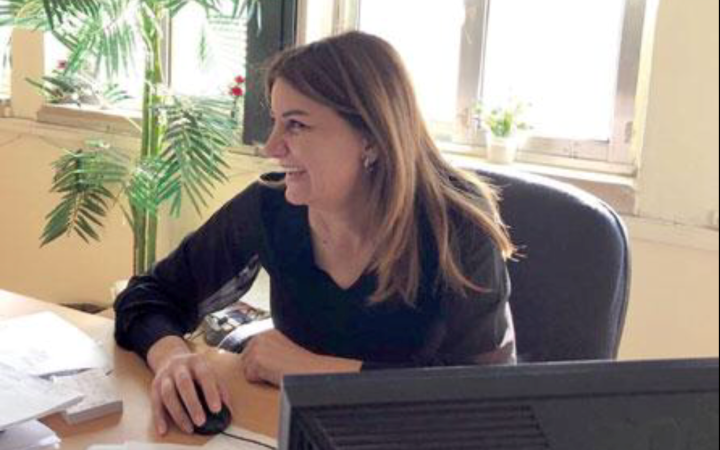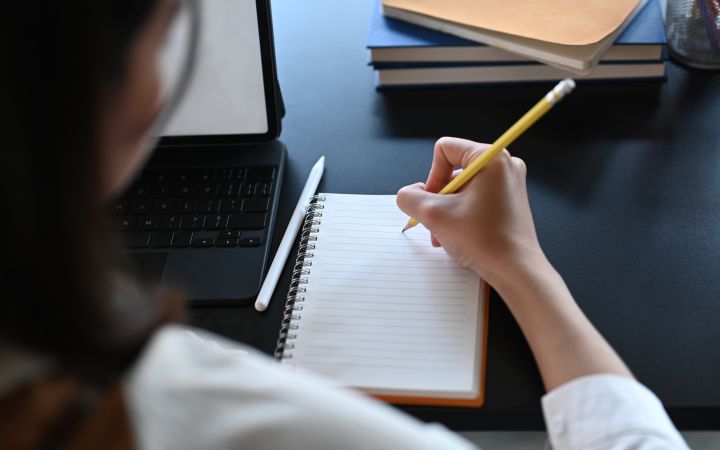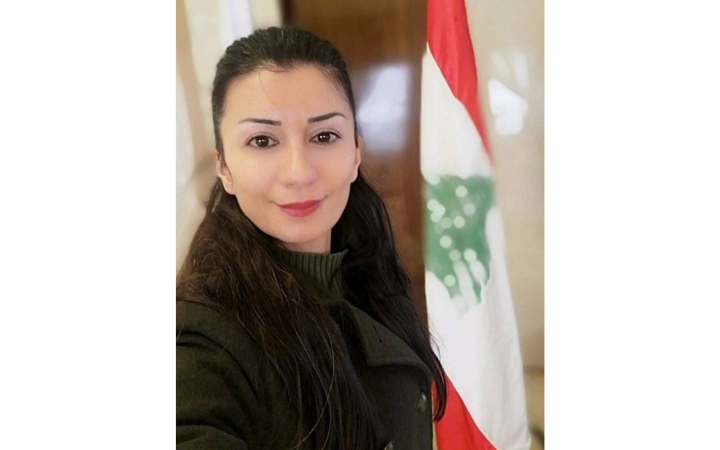- Kefa Akroush and Mireille El Alam are two of more than 50 government officials from Jordan and Lebanon that participated in UNITAR’s Gender Empowerment Now! Project.
- Kefa Akroush, Head of the Gender and Strategic Partnerships Department at the Ministry of Education in Jordan, leads the department in breaking the identified stereotypes found in the curriculum.
- As the Head of the Women’s Affairs Department in the Ministry of Social Affairs in Lebanon, Mireille El Alam and her team deliver various programmes that benefit women and the youth.
- UNITAR Division for Prosperity, along with UN Women and the Cypriot Government, ran the 10-week online training programme to address gender inequalities in policymaking.
- This capacity-building project equips government officials from Jordan and Lebanon with the knowledge and skills to effectively mainstream gender in their countries’ development policies and programmes.
November 2022, Hiroshima, Japan – Kefa Akroush (Jordan) and Mireille El Alam (Lebanon) have devoted their careers to erasing gender inequalities in their countries. They gained more tools to help them mainstream gender in their government work by completing the UNITAR Gender Empowerment Now! training programme.
While Jordan and Lebanon have made significant efforts to empower women, there is still much to be done to make gender equality a mainstream reality. In the 2021 Global Gender Gap Index, Jordan ranked 131st and Lebanon ranked 132nd out of 153 countries. Cultural and social patterns that perpetuate gender inequality persist and, for many women, economic and political participation remain a challenge. Existing gender gaps were only worsened by economic crises and the COVID-19 pandemic.
However, there are some bright spots. Enrolment for girls in secondary education has steadily increased in both countries and remains high. Kefa points out that in her country, many young women enrol in university and even outperform young men – it’s just that there are fewer job opportunities for them after graduation.
Much needs to be done
The governments recognize the need to apply a gender lens to their work and plans. Kefa (Head of the Gender and Strategic Partnerships Department, Ministry of Education in Jordan) and Mireille (Head of the Women’s Affairs Department in the Ministry of Social Affairs in Lebanon) both work on gender parity, improving vocational training for women, addressing gender-based violence and tackling the cultural stigma around women’s empowerment.
Starting the discussion on gender equality is not easy. Misunderstandings about the meaning of gender are common. “When you say gender, they think we want to destroy the family, destroy customs,” says Kefa.
To challenge those misconceptions, Kefa and her unit try to connect the concept of gender equality to human rights and development, to a “good income and future and good opportunities for both boys and girls. Then when we talk about how to bridge the gaps between women and men, they start to accept the idea.”
From UNITAR training to action
To learn how to better mainstream gender in their work, Kefa and Mireille joined more than 50 other government officials from Jordan and Lebanon in the second phase of UNITAR’s Gender Empowerment Now! Project. Supported by the Cypriot Government–Ministry of Foreign Affairs, the project aims to build the capacity of government officials from the two countries to implement their respective national gender action plans and national strategies for women.
In the first phase of the programme, which ran in 2021, participants learned the foundational concepts of gender. The second phase in 2022 built upon the first and sought to give the participants practical tools to incorporate gender empowerment into government policy.
In the UNITAR training, participants developed needs assessments and action plans to build institutional capacity and promote gender equality. Based on that work, Kefa is now applying the results chain framework in her projects at the Ministry of Education and developing a gender strategy for her ministry.
Meanwhile, Mireille’s team is adding components to address gender-based violence in all Ministry of Social Affairs programmes. Teams in both countries’ ministries are also setting up results-based management, establishing a feedback loop where performance evaluations are used to improve their programmes.
The path ahead
Mireille acknowledges that gender is a broad subject. But she is optimistic about empowerment and building capacities among women. Her message to women is “Always continue to dream, and to realize your dreams, your goals in life.”
Each person has the right to do what they want and to have what they need. Because we are all human; we are all equal in this world. – Mireille El Alam
Kefa and Mireille are committed to fighting misconceptions about gender equality. They recognize that they need to identify the gaps and then design and run interventions to bridge them – whether raising awareness, changing policies, or changing systems and even institutional structures.
The woman is a human and she needs everything as the men do. If everyone thinks about this, I think we can go easily with gender equality for all. – Kefa Akroush
About UNITAR
The United Nations Institute for Training and Research (UNITAR) is a dedicated training arm of the United Nations. In 2021, UNITAR trained 370,139 learners around the world to support their actions for a better future. In addition to our headquarters in Geneva, we have offices in Hiroshima, New York, Bonn and various networks around the world.
One of the eight divisions of UNITAR, the Division for Prosperity, based in the Hiroshima Office and Geneva Headquarters, seeks to shape an inclusive, sustainable and prosperous world. World-class learning and knowledge-sharing services on entrepreneurship, leadership, finance and trade, digital technologies, and nuclear disarmament and non-proliferation are offered. We empower individuals from developing countries – especially women and young people – to address inequalities. Our alumni are making a difference in least-developed countries, countries emerging from conflict, and small-island developing states.




